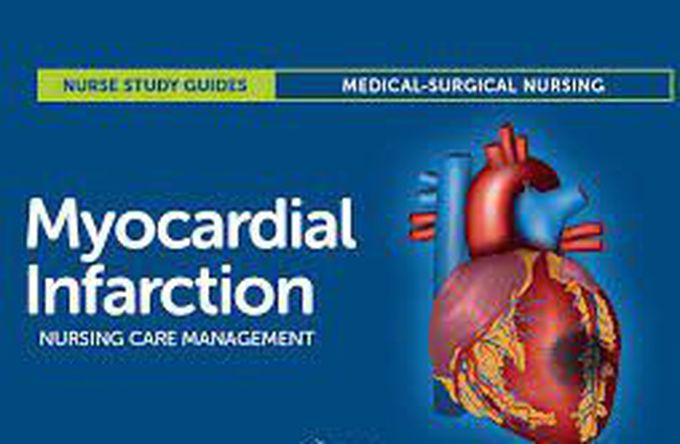

Hunainover 3 years ago

Causes of myocardial infarction
The vast majority of heart attacks occur because of a blockage in one of the blood vessels that supply your heart. This most often happens because of plaque, a sticky substance that can build up on the insides of your arteries (similar to how pouring grease down your kitchen sink can clog your home plumbing). That buildup is called atherosclerosis.
Other commentsSign in to post comments. You don't have an account? Sign up now!

